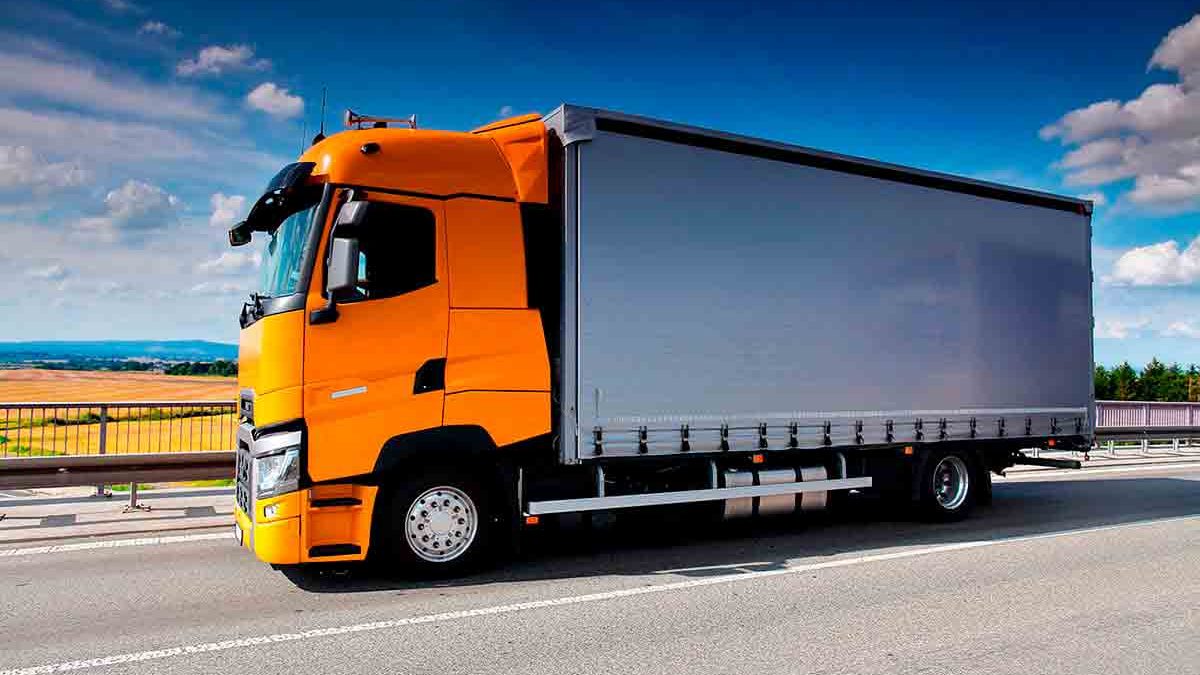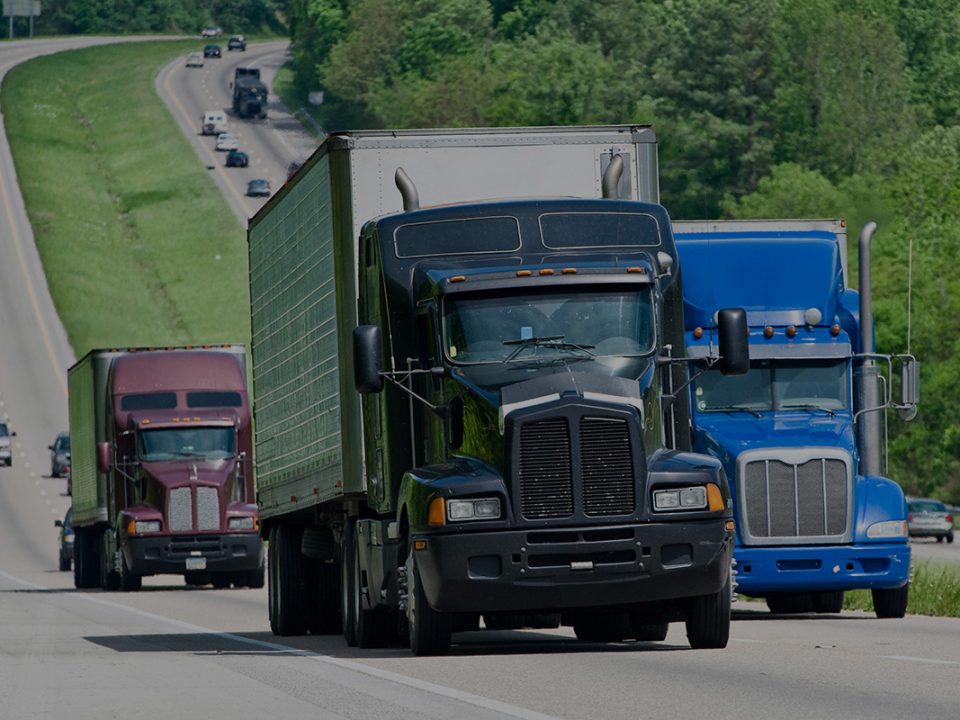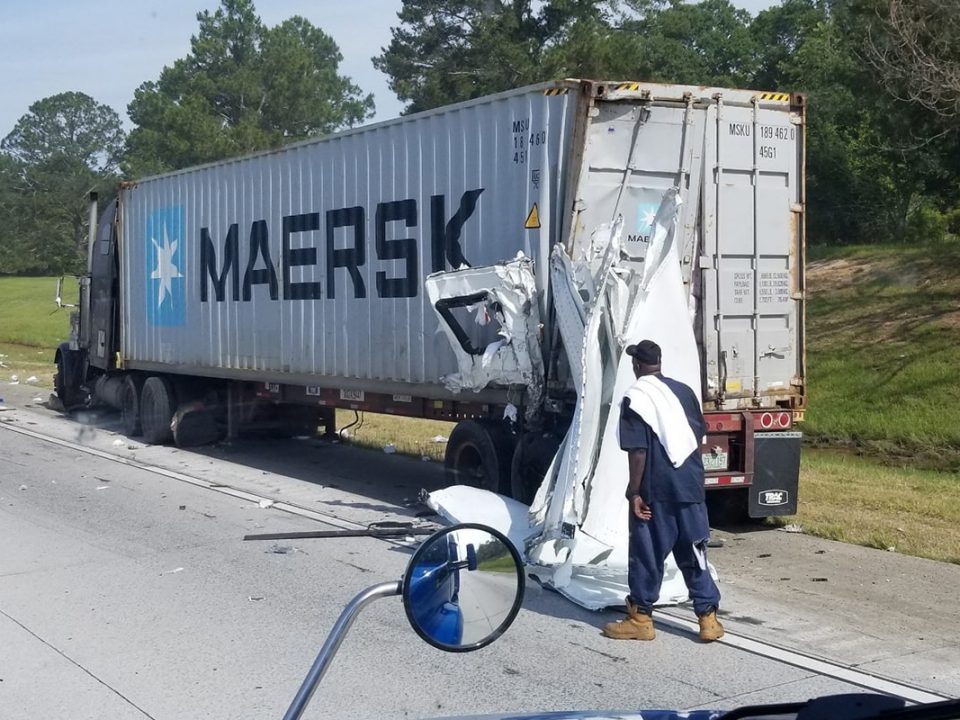EXW or FCA, Which One Seems Better & Why

TEU Global team works relentlessly to beat the Murphy’s Law
December 14, 2019Experienced importers, exporters and logistics companies are well aware that EXW (Ex Works) is at the extreme end in terms of risk and responsibility transfers. For EXW, the exporter’s risk and responsibilities are supposed to be the smallest and for the importer, the highest. The price of the goods is adjusted to reflect these risk-responsibility factors.
That said, at the time of signing the Agreement between an importer and exporter if one of these two parties is not cautious, it might end up facing unintended risks and paying for the downsides. It is mostly when things go wrong when the parties hurriedly go through the signed Agreement, only to discover the cost horror.
Let’s look at EXW wherein the exporter is required to make the goods available at its warehouse or some other mutually agreed place inside the (exporting) country. The Agreement might specify that the exporter will load the goods and process the export formalities too but according to the Incoterms, EXW absolves the exporter of the risks beyond the exporter warehouse or any other nominated place. So the importer bears all the risks and must absorb all the consequent costs, from the time goods are ready at the exporter’s warehouse.
So why not sign an agreement based on FCA?
For FCA (Free Carrier) shipping, the exporter arranges most or all of the export country stages (e.g. customs, trucking within the export country). The importer arranges all other stages to the cargo’s ultimate destination. ICC recommends it for the containerized freight.
The exporter is liable and responsible for all tasks in their country up until the goods are delivered to the carrier at the named place, usually the terminal or a warehouse (e.g. consolidation center). Unless the named place is the terminal, the importer will be liable and responsible for some tasks in the export country.
FCA overcomes the disadvantages of EXW, where the importer is in a worse position than the exporter for arranging local transport and customs.
If the named place is the exporter’s warehouse or some other terminal that is not the seaport or airport, the exporter remains liable and responsible for loading the truck at their premises, with the carrier responsible for unloading the truck at the named place. The importer is therefore liable and responsible for some tasks in the export country (transportation and terminal charges).
The named place can also be the supplier’s factory, making it similar to EXW, excepting the supplier is responsible for loading the truck. The importer is therefore liable and responsible for some tasks in the export country (transportation and terminal charges).
Irrespective of where the named place is, the exporter is still responsible for all export and documentation tasks. There’s one exception, which is relevant only for letter of credit payments: the importer can now instruct the carrier to add the word “aboard” onto the Bill of Lading.





